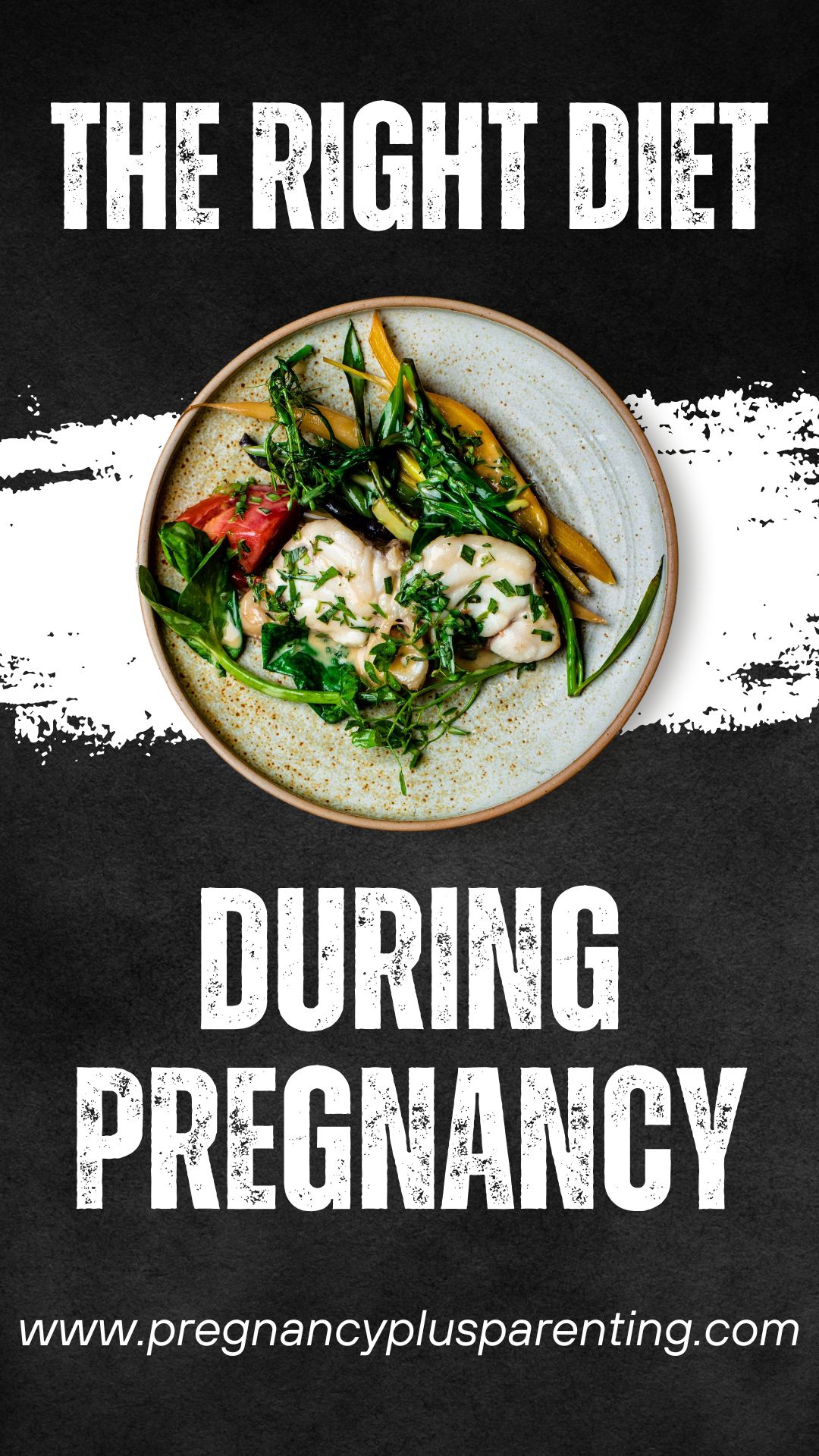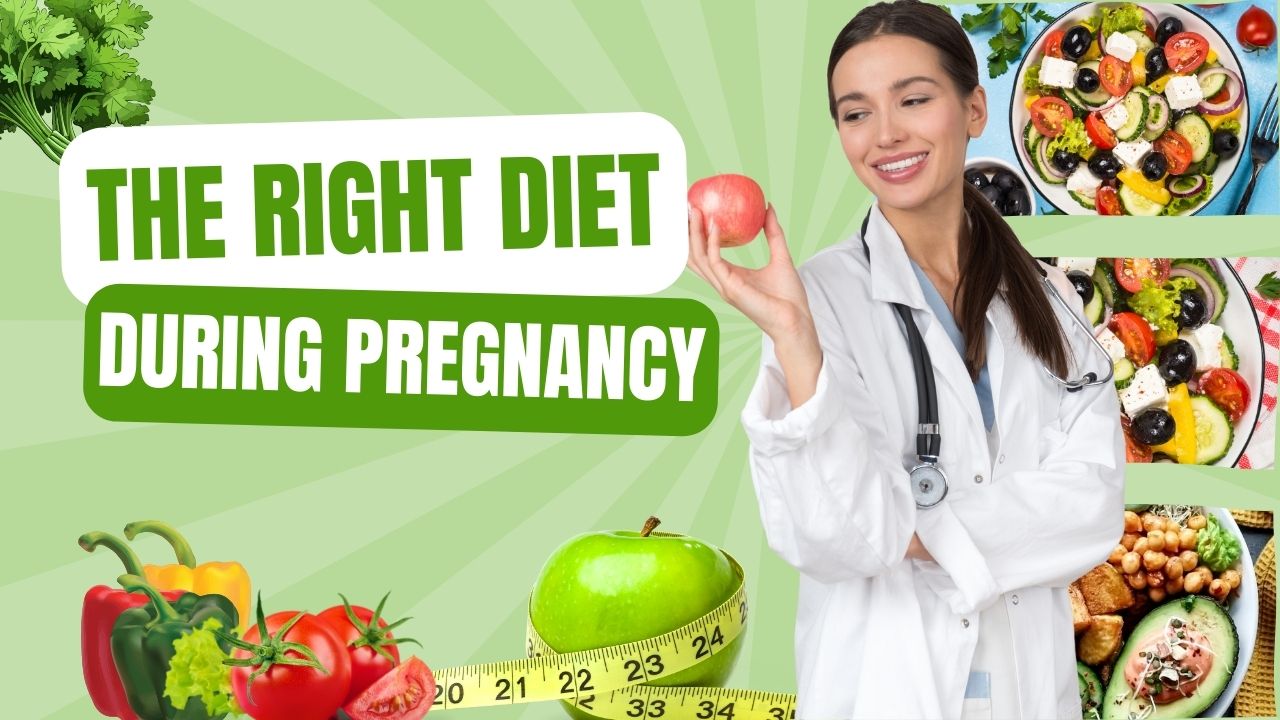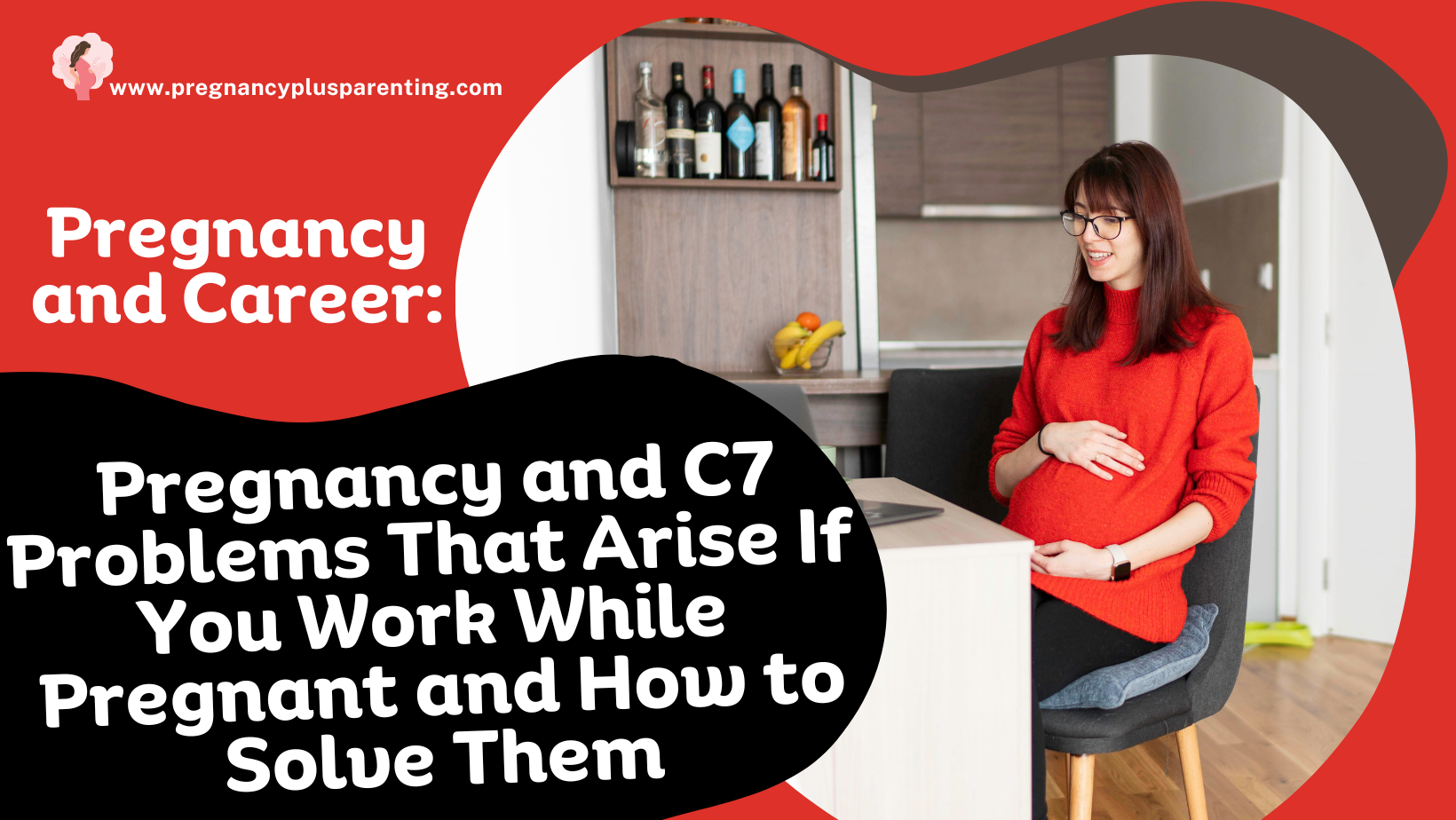The Right Diet During Pregnancy
Are you expecting a baby? Congratulations – you’re about to embark on an exciting time. Unfortunately, there are also an incredible number of people who foist unsolicited advice on young pregnant women: nutrition, exercise , childbirth – no topic is sacred to these pregnancy know-it-alls. Regardless of whether they actually know anything about it or just enjoy hearing themselves talk.
Speaking of nutrition during pregnancy: There are still people who believe that pregnant women should eat for two, i.e., double the amount. This is, of course, complete nonsense.
Here is a brief overview of the aspects that pregnant women should really consider when it comes to nutrition during pregnancy .
What can I eat during pregnancy and what can’t I eat?
The good news: Almost anything goes. Eating should be enjoyable, especially during pregnancy. Eat mindfully, with a varied, and balanced diet. Fruits and vegetables, dairy products, meat, and fish should be regularly on your menu.
Caution is advised with foods that could endanger the unborn child due to certain pathogens. These are the pathogens that cause toxoplasmosis and listeriosis , two rare but serious infectious diseases.
They are often found in raw animal products . Therefore, be careful with raw milk cheese, raw fish (e.g., as sushi), raw sausages such as tea sausage or mettwurst, minced meat, or raw minced meat.
Recommendation: Only eat animal products that have been thoroughly cooked, i.e., boiled, fried, or pasteurized. This applies to fish, meat, milk and dairy products, as well as eggs. You can find a detailed overview on this topic here .
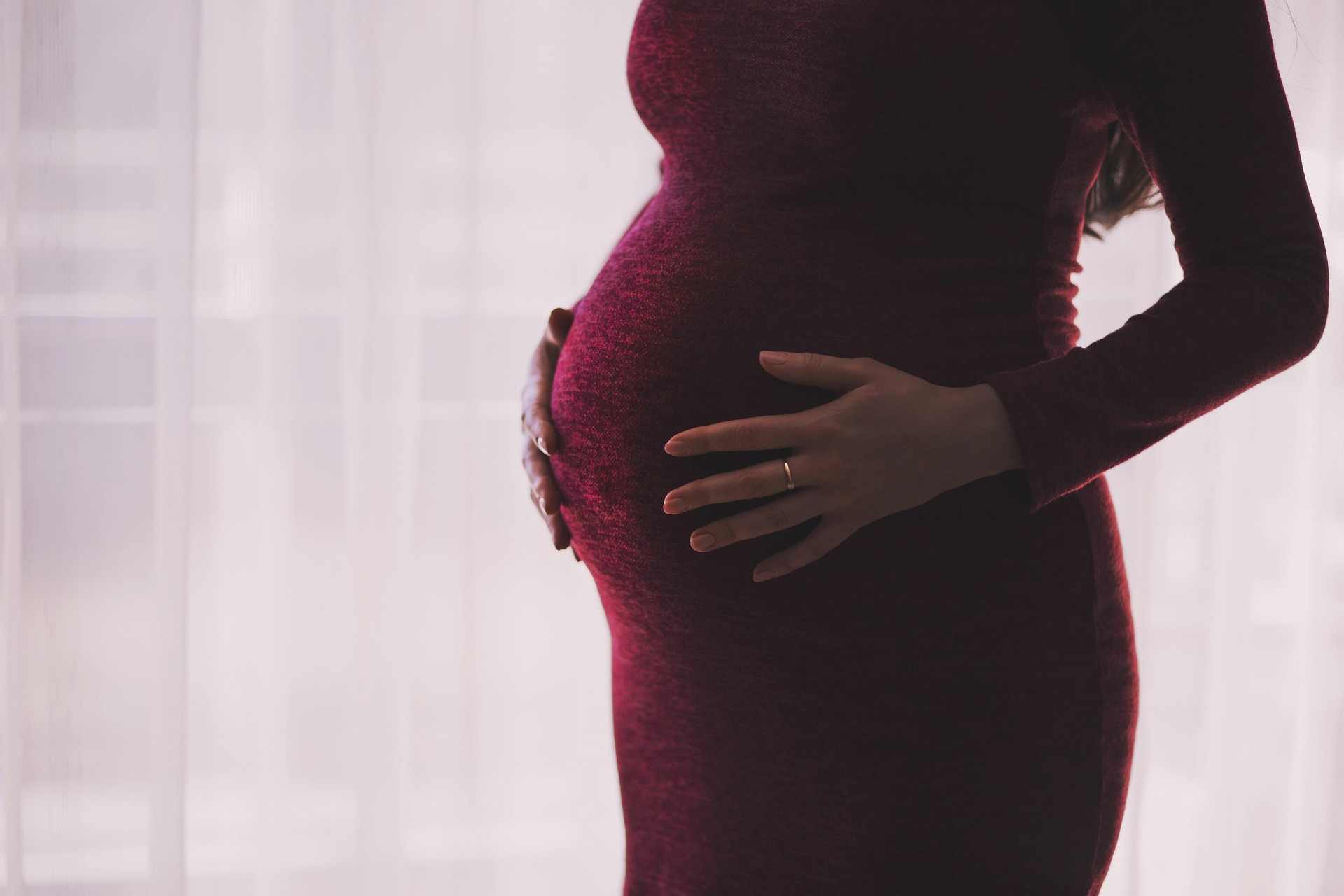
Do I need nutritional supplements?
Folic acid is especially important for the proper development of the unborn child. Therefore, many doctors recommend folic acid supplements as soon as women plan to become pregnant. Folic acid is particularly important for cell division and regeneration.
Folic acid is found in vegetables, legumes, and whole grain products, for example, so these foods should also be included in the diet of pregnant women. There are also good supplements available. The combination of both ensures optimal nutrition for mother and child.
Additional iodine intake can also be beneficial, as it is important for the healthy mental and physical development of a growing child. Supplemental products can also be helpful here.
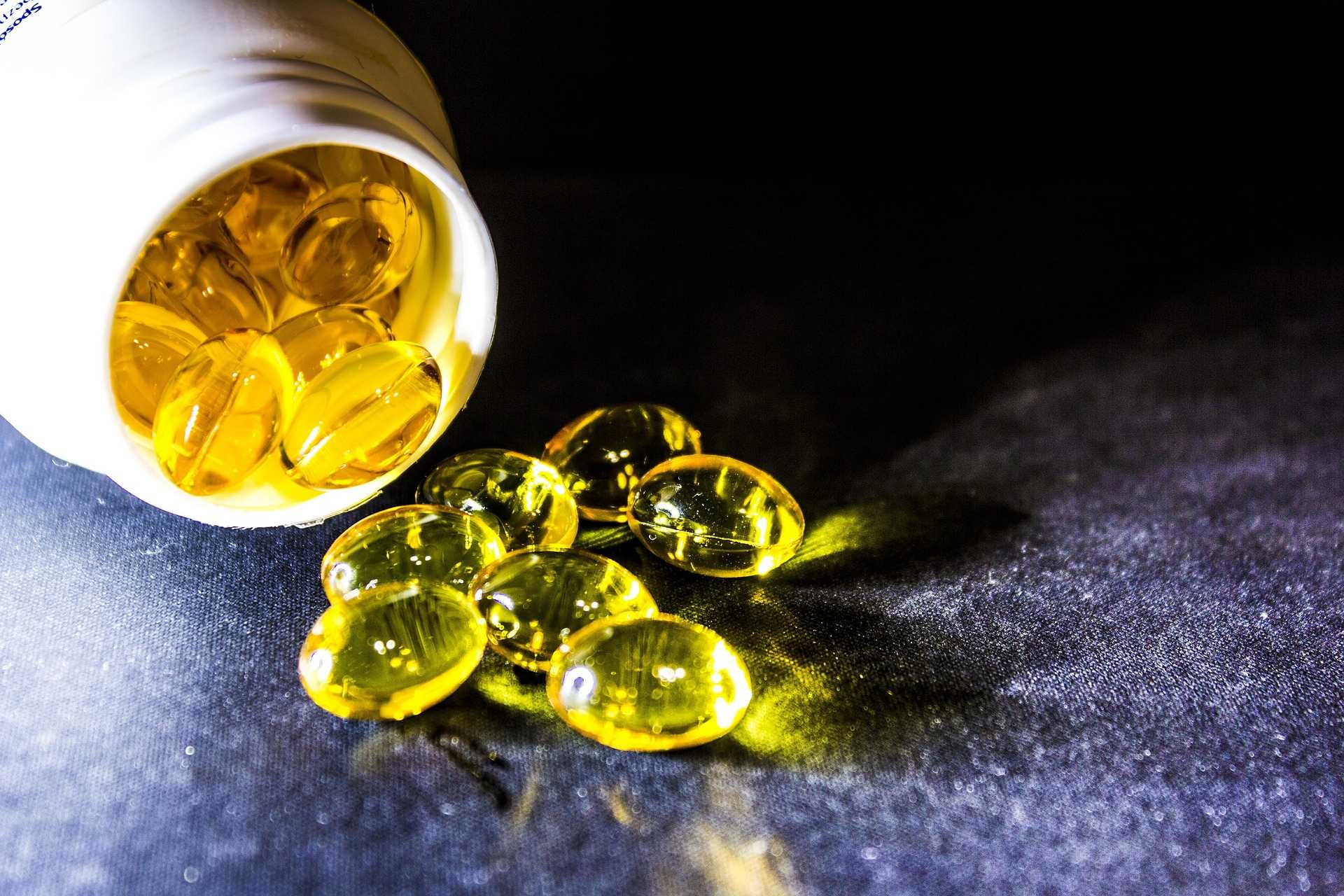
What can I do without?
One often reads that supplementing with vitamin D or magnesium is recommended. However, this is only necessary if the mother already has a deficiency and doesn’t eat a balanced diet. The same applies to omega-3 fatty acids; regular consumption of fish is perfectly sufficient.
Of course, you should definitely avoid alcohol, cigarettes, drugs, and poisons of all kinds. They are harmful to the unborn child. Caffeine is allowed in moderation; up to three cups of coffee per day are considered safe.

So, even during pregnancy, nutrition is a completely natural thing; panicking is as unfounded as the aforementioned eating for two. The basic rule is: Listen to your gut rather than all the smart people who want to tell you what’s good for you and your baby.
We wish you many enjoyable moments and all the best in the coming months!
